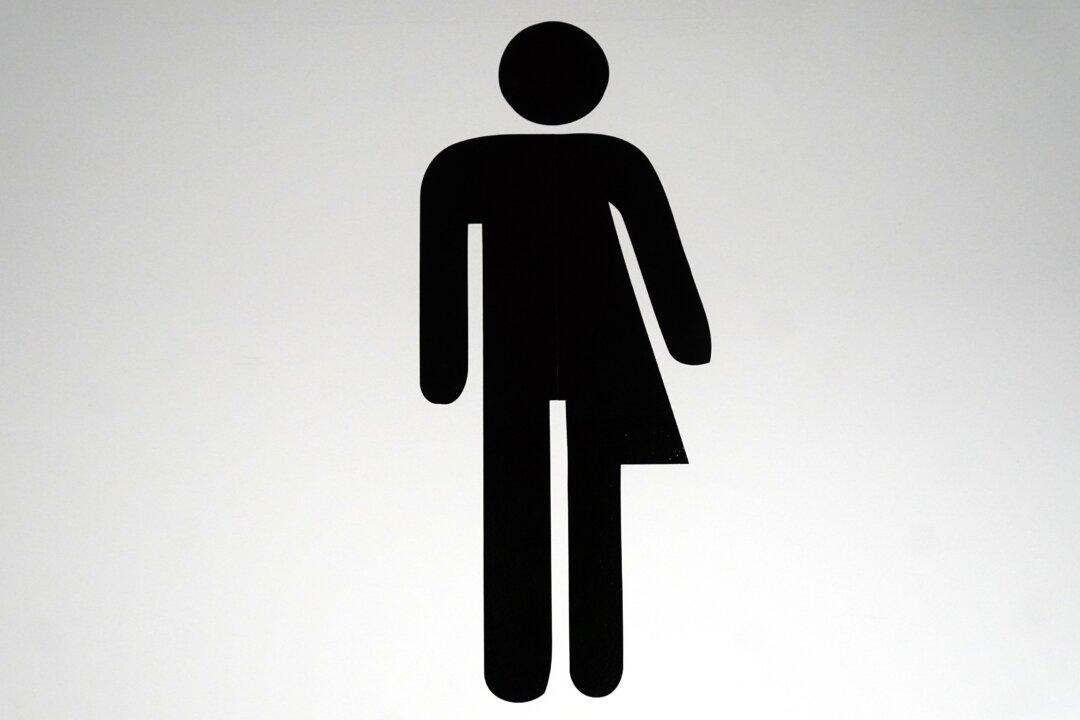A nonbinary robot on the cartoon series “Transformers: Earth Spark” has generated a heated debate on social media with the controversy spilling over to national TV talk shows.
In a recent episode of the cartoon, Nightshade—the name of the androgynous automaton—tells a teenage girl it encounters that its preferred pronouns are “they/them.”




